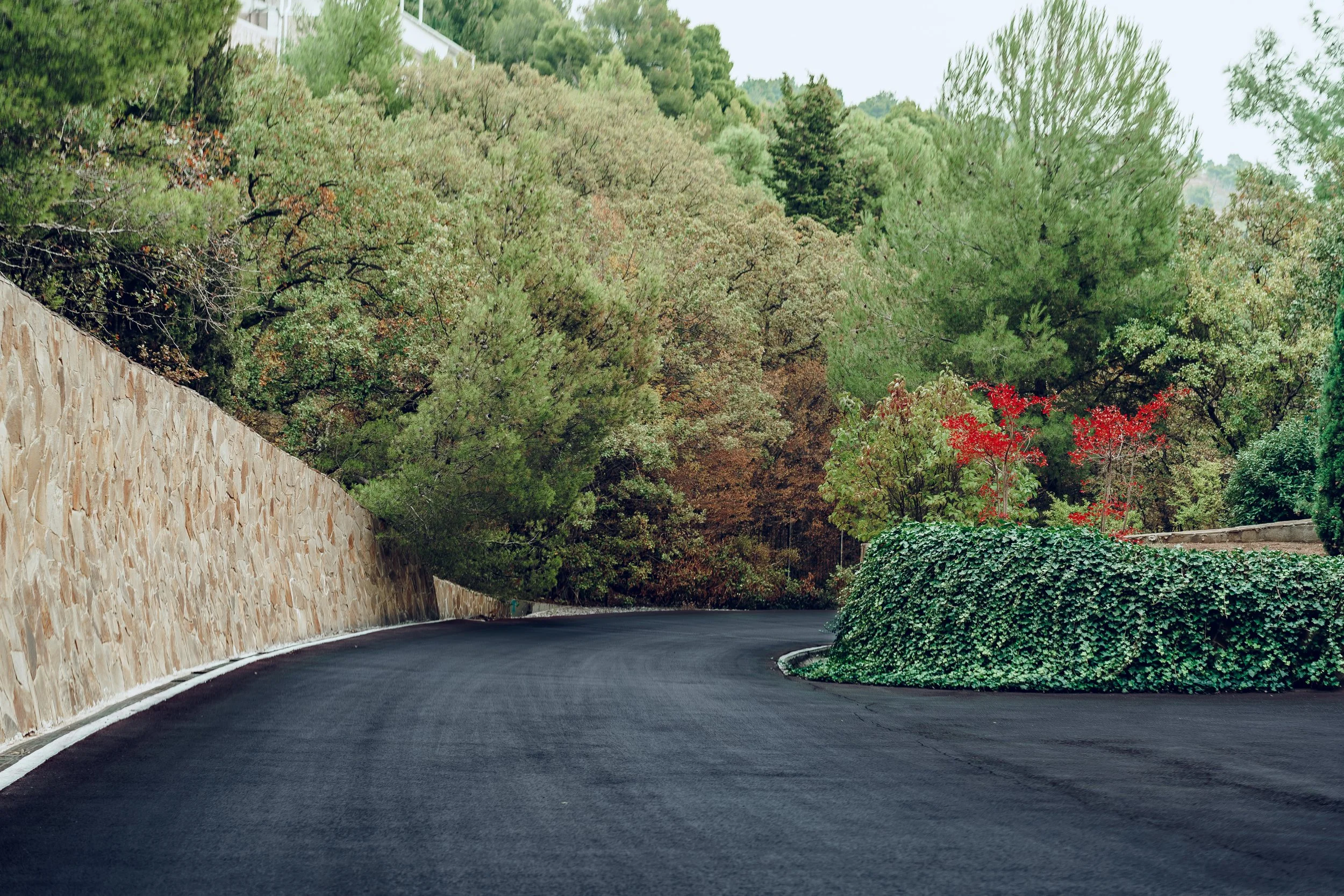
Frequently Asked Questions

1. What areas do you serve on Long Island?
We serve residential clients throughout Long Island, including Suffolk and Nassau County. If you're unsure whether you're in our service area, just give us a call — we're happy to let you know.
2. Do you offer free estimates for asphalt or driveway work?
Yes! We offer free, no-pressure estimates for all of our residential services. We'll come out, take a look at your project, and give you a quote — no obligation.
3. Are you licensed and insured?
Yes, we are fully licensed and insured for all residential asphalt and masonry work. You can rest easy knowing your project is in professional hands.
4. How soon can you start a new project after I book?
We typically begin work within 1–2 weeks of your estimate, depending on weather and our schedule. For smaller jobs, we may be able to get started even sooner.
5. What’s the best way to get a quote?
The fastest way to get a quote is to call or text us directly. You can also fill out the quote form on our website and we’ll get back to you as soon as possible, usually within 24 hours.
6. How long does asphalt driveway paving take?
Most residential driveways are completed in a single day. Larger or more complex jobs may take a little longer, but we always aim for efficient, high-quality work without cutting corners.
7. How long before I can drive on my new asphalt driveway?
We recommend waiting at least 48 to 72 hours before driving on fresh asphalt. For the first 7 days, avoid parking heavy vehicles or making tight turns to allow the surface to fully cure.
8. What kind of maintenance does an asphalt driveway need?
Asphalt driveways should be sealcoated every 2–3 years to protect against weather and wear. It’s also a good idea to fix small cracks or potholes early before they get worse.
9. How long does an asphalt driveway last?
With proper care and regular maintenance, an asphalt driveway can last 15 to 20 years or more. Sealcoating and timely repairs help extend its life significantly.
10. What’s the difference between gravel and stone driveways?
Gravel driveways use a mix of crushed rock and dust for compact strength, while stone driveways use decorative, often colored stone. Both are great for drainage and low maintenance, but stone offers a more polished look.
11. Do gravel driveways drain better than asphalt?
Yes — gravel and stone driveways allow water to drain naturally through the surface, making them ideal for properties with drainage issues or minimal slope.
12. How often do stone driveways need to be refreshed?
Gravel and stone driveways usually need to be raked or topped off every few years, depending on traffic and weather. We build them with a solid RCA base and tack oil to keep them strong and clean for as long as possible.
13. How often should I sealcoat my driveway?
We recommend sealcoating every 2 to 3 years, depending on sun exposure and traffic. Regular sealing protects your driveway from cracks, fading, and weather damage.
14. Can cracks and potholes be fixed without replacing the whole driveway?
Yes — in most cases, small cracks and potholes can be patched without a full replacement. We offer cost-effective repair services to extend your driveway’s lifespan.
15. Do you install Belgian block edging or walkways?
Yes! We install Belgian block borders, stone walkways, and other masonry features to enhance your driveway and overall curb appeal. All stonework is done in-house — no subcontractors.
